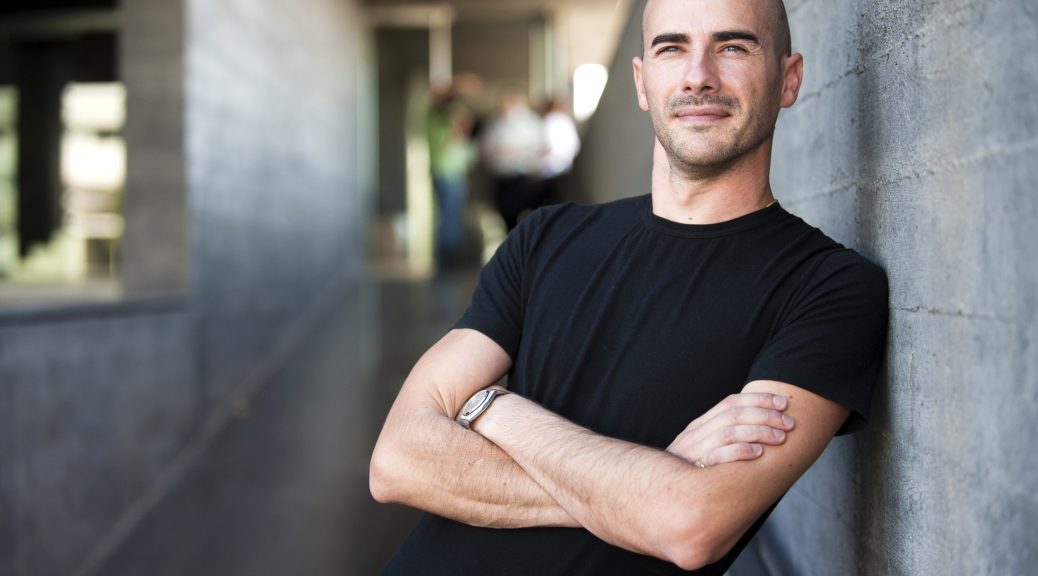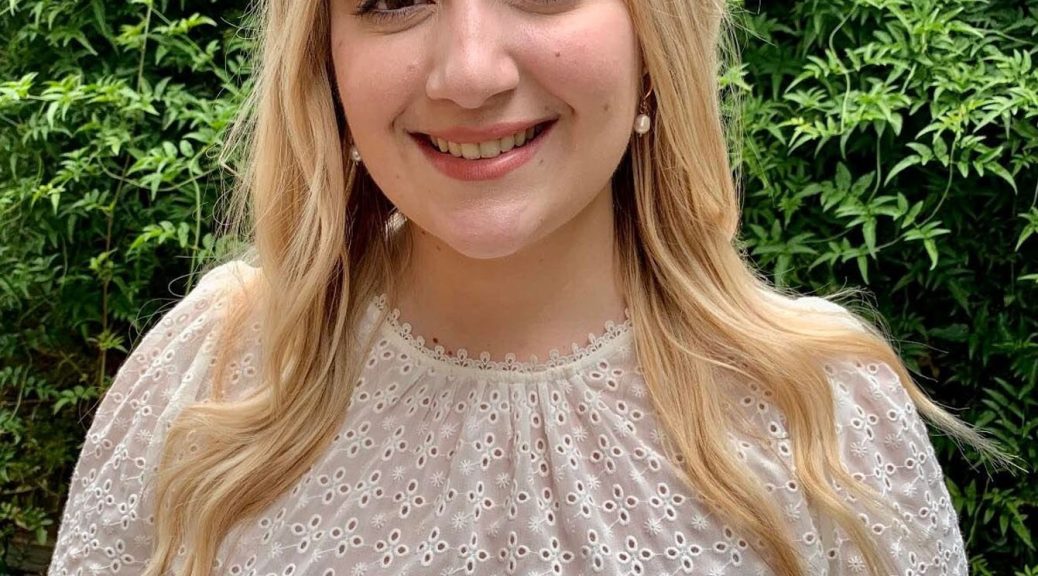Fees
A standard 50-minute therapy appointment is $250 and the initial assessment (approximately 1 hour) is $280. Fees can be paid by EFTPOS, cash, or credit card (no AMEX) at the end of the appointment. Telehealth appointments are charged to your card at the end of the appointment.
Rebates
Rebates for psychological services are available from several sources including:
Medicare
Under the Medicare ‘Better access to mental health‘ scheme clients with a diagnosable mental health condition who are seeing a psychologist at our practice can obtain a rebate for part of the session cost for up to 10 therapy sessions in each calendar year. To be eligible to receive the rebate you must visit your GP, Psychiatrist, or Paediatrician and obtain a referral for psychological services as part of your overall treatment plan. Rebates are only available for sessions where the client is present (sessions for parents of child clients or school consultations are not available).
The usual medicare rebates for psychology sessions are available for face-to-face or telehealth sessions (video or phone sessions) for any of our psychologists.
If you have reached your Medicare family ‘safety net’ threshold for the calendar year, the rebate will be almost all of the session cost.
Click here to read more about the Medicare safety net.
Private Health Funds
Most private health funds provide rebates for psychological services depending upon your level of cover. Please contact your health fund to find out more.
If you would like more information, or to book an appointment with one of our psychologists, please email or call the clinic on 02 9438 2511.

